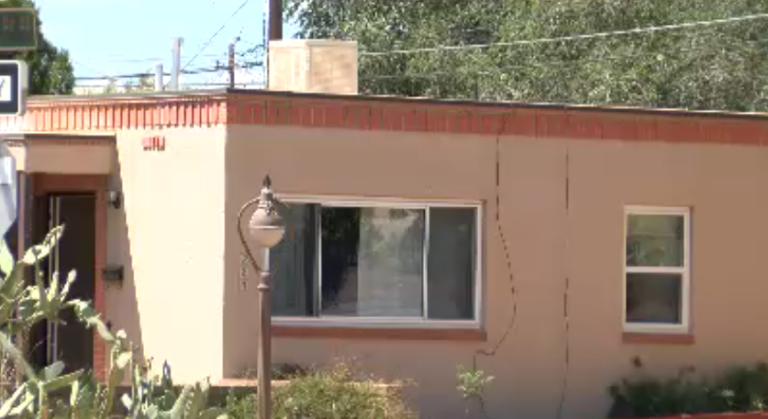ALBUQUERQUE, N.M. (KRQE) – The City of Albuquerque is taking a step forward in closing housing and wage gaps in minority communities.
“Our goal was to really elevate and define the critical needs around housing within these two populations,” said Joseph Kunkel with Mass Design Group.
A new report by the City of Albuquerque’s Equity and Inclusion Office is highlighting ways to close wage and housing gaps in Native and African American communities.
“We’re just really excited to be a part of the larger team within the office of equity and inclusion to lift up what we can from a design standpoint, from a planning standpoint, and address these issues head-on,” said Kunkel.
With the help of Mass Design Group, a non-profit design firm, the city’s report finds there’s a lot of work to do.
Kunkel added, “These two populations, Native American and African American populations, haven’t historically had direct access to housing or homeownership.”
The report says households of color in Albuquerque are less likely to own their homes. According to the report, less than 40% of Native Americans in Albuquerque own their homes, and more than half of Black and Latino renters pay more than 30% of their income on housing.
While Hispanics have relatively high homeownership rates in Albuquerque, the report finds the value of their homes is far below that of white homeowners. The city plans to use this data to develop future programs and identify areas in the city needing policy changes.
Kunkel mentioned, “If we think about the means of the way in which we think about creating wealth is directly tied to homeownership. African American and Native American populations just aren’t on the list.”
They look at whether the areas the two communities live in most are a product of policies that have led to unfair outcomes. The report found minority communities had tougher access to everyday needs like grocery stores, gyms, and parks.
“What we need to do is create an argument for why this work should be done and address it in a way that really lifts up the issues,” said Kunkel.
The report gives a list of recommendations including providing grants to expand housing opportunities. According to the report, the city’s economy could be $11 billion stronger if the racial income gaps are closed.


